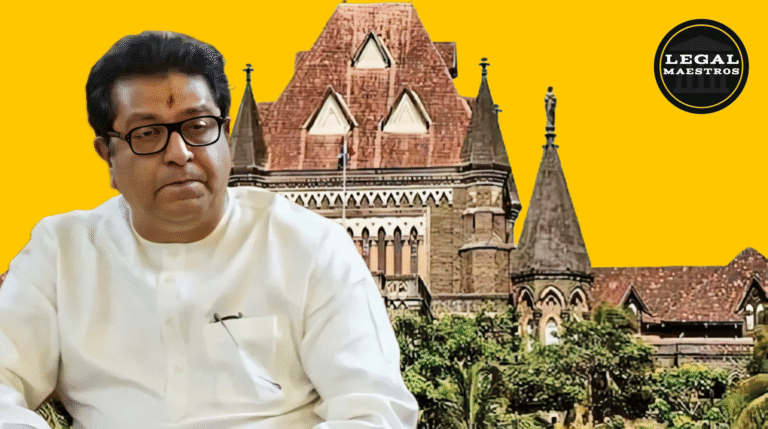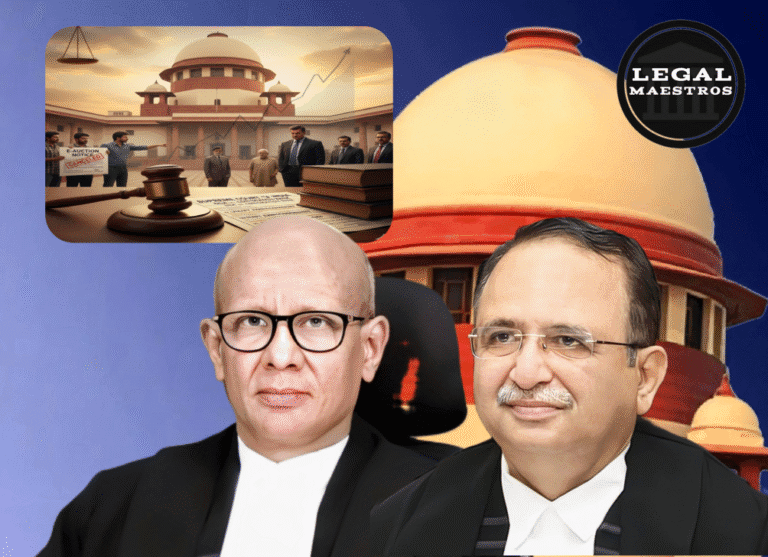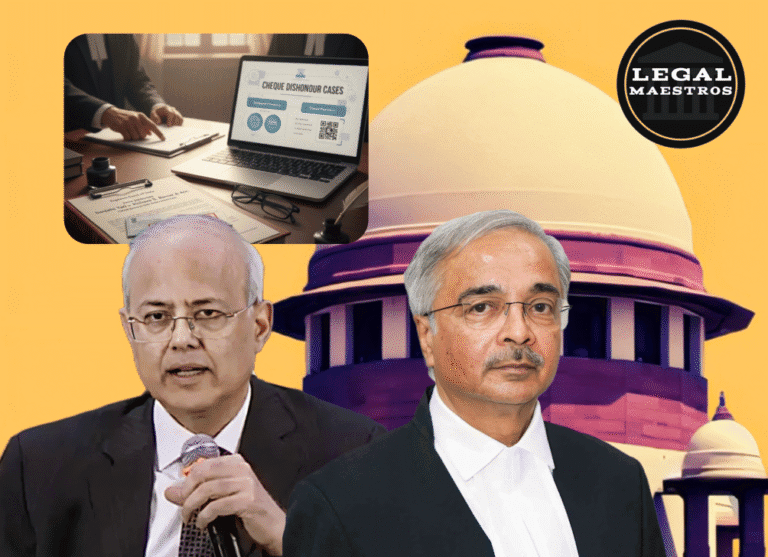
Bombay High Court Dismisses Radiation Fears, Upholds Need for Mobile Towers in Mumbai
Friday marked the day when the Bombay High Court overturned a contentious decision that had been passed by the Gram Panchayat of Tanang, which is located in the Sangli district.
The resolution had revoked a No Objection Certificate (NOC) that had been obtained in the past for the erection of a mobile tower by Indus Tower Limited.
The decision taken by the Panchayat was deemed to be arbitrary, a violation of natural justice, and outside the Panchayat’s legal jurisdiction by a Division Bench that was comprised of Justices G. S. Kulkarni and Advait M. Sethna.
A location in Tanang village that was owned by Mr. Ashok Yashwant Chougule was identified by Indus Tower Limited, which is a licensed infrastructure provider under the Indian Telegraph Act. The purpose of this site was to boost mobile connection in the region.
A joint application for a NOC to build the tower was submitted to the Gram Panchayat on August 28, 2023, by the firm and Mr. Chougule. This application was made after the company had conducted extensive technical surveys.
On November 4, 2023, Mr. Chougule submitted a follow-up application, which was supported by petitions from neighboring villagers who were looking for greater network coverage. This lead to a Panchayat resolution on November 20 that granted the NOC, which was formally given on December 4.
For More Updates & Regular Notes Join Our Whats App Group (https://chat.whatsapp.com/DkucckgAEJbCtXwXr2yIt0) and Telegram Group ( https://t.me/legalmaestroeducators )
Around the middle of December 2023, civil construction for the tower’s foundation was almost finished when a group of villagers filed a complaint with the local Block Development Officer (BDO), alleging that radiofrequency emissions posed a threat to their quality of life.
On the 22nd of December, the Panchayat issued a notice to stop work, despite the fact that it did not have any scientific back-up. This was disputed in front of the BDO in late December, and Indus Tower provided the BDO with studies from the World Health Organization as well as judicial rulings to indicate that non-ionizing radiation is harmless.
The Panchayat was instructed to lift the stop-work notice by the BDO’s order of May 22, 2024, and on June 18, 2024, representatives from the village acknowledged that work may resume.
On July 24, however, the Sarpanch was driven to once again halt work without providing the firm with an opportunity to present their case. This was due to another complaint that was lodged by eleven more villagers.
A resolution to rescind the NOC that had been given just eight months previously was passed by the Gram Sabha on August 8, 2024, when it convened; the resolution was sent to Indus Tower on August 13.
In its writ petition, which was submitted in accordance with Article 226 of the Constitution, Indus Tower argued that the Panchayat’s revocation was arbitrary, that it did not provide any reasons, that it eliminated the need for mandatory hearings, and that it violated a Government Resolution that was passed in December 2015, which stated that once a NOC was issued, it could not be withdrawn.
Counsel went on to point out that the Indian Telegraph Right of Way Rules, 2016, as well as the more recent Telecommunication Act, 2023, prohibit local authorities from taking coercive action against licensed infrastructure, with the exception of situations involving medical crises or natural catastrophes. However, none of these regulations applied to this situation.
During the delivery of the verdict, Justice Sethna stressed that “to deny a benefit or right on a special ground carries a special burden of proof.” He also discovered that the Panchayat had not even sought to check the objections presented by the villagers by using scientific facts.
Due to the fact that the resolution “was passed without any application of mind, lacking lawful reasons, and in breach of principles of audi alteram partem,” the court arrived at this conclusion. It was recognized by the court that the Panchayat had exceeded its legislative authority and lacked the technical skills necessary to evaluate electromagnetic emissions.
Additionally, the court brought to light a number of High Court rulings that have been issued across India. These rulings have consistently rejected health-hazard claims against mobile towers in the absence of conclusive scientific evidence.
The court also mentioned that international authorities such as the World Health Organization and the European SCENIHR have found that there is no established harm from non-ionizing radiation at levels that are emitted by these installations.
Particularly in rural and underserved areas, the judges emphasized that the actions of the government are intended to encourage, rather than to obstruct, the growth of the telecom infrastructure.
Even though the court acknowledged that mobile phone is an essential service in this day and age, it emphasized that impediments based only on baseless worries are not sufficient to halt the growth of networks.
It brought to light the ways in which dependable connection may significantly improve the quality of education, healthcare, and economic possibilities in rural communities. After the court overturned the resolution that the Panchayat had passed in August 2024, it made it possible for Indus Tower to finish its installation and begin operations without any additional obstructions.
Local authorities are required to comply to legislative processes and cannot unilaterally rescind permissions after they have been properly issued, as the ruling confirms the limitations that are placed on them in terms of their ability to regulate telecom infrastructure.
In addition to this, it makes it abundantly plain that natural justice requires hearings and rulings that are supported by reason before rights are restricted. An increase in trust among telecom operators and landowners is anticipated to result from the ruling made by the Bombay High Court. This decision will ensure that any future objections must be based on reliable facts and proper technical evaluations, rather than merely apprehension.
From a practical standpoint, it is possible that Indus Tower will now begin the remaining work and activate the network node in Tanang, which would promise inhabitants greater phone and data services.
An ongoing issue that started with a standard NOC application and escalated through spurious health complaints has been resolved as a result of a directive given to local authorities that they should not disrupt the authorized activities of the firm. In light of this verdict, the responsibility of the court in maintaining the rule of law and striking a balance between the concerns of the community and the imperatives of technical advancement is reinforced.







